Given the Bombay’s copper eyes, silky black coat, and distinctive stride, it’s no wonder why people associate their likeness to that of a miniature panther. As long as they receive the ample attention they so rightly require, Bombays make fantastic additions to families as they enjoy nothing more than to receive affection from the people they love. Is the Bombay cat right for your household? Keep reading to learn about the history, temperament, appearance, coat care, health concerns, dietary requirements, and many other interesting facts of the elegant Bombay.
Bombay History
Being a fairly modern cat breed, Bombays were developed and initially bred in 1953 America by a woman named Nikki Horner whom desired to create a small feline that resembled that of a miniature panther. By combining the American Shorthair and Burmese breeds, Horner eventually achieved the breed characteristics she’d been aiming for. Accepted by the Cat Fanciers Association in 1976, and then in the International Cat Association in 1979, Bombays are now one of the most popular cat breeds in the world.
Temperament
Commonly described as part-cat, part-dog, and part-clown, Bombays often balance the attitudes of being both easy-going and inquisitive. Also being quite intelligent, thanks to the breed combinations it’s derived from, Bombays love to play with the toys you provide them and can easily adapt to any environment they’re put into. While occasionally mischievous, these cats are known to be highly affectionate and will love-up on the many members in your household. In addition to people, Bombays also bond well with dogs and most other pets.
Appearance & Coat Care
Considered to be a medium-sized cat with a muscular build, Bombays have an extraordinarily round head with many other rounded physical features (including their ears, chin, eyelids, and feet). Featuring short, glossy, and fully-black coats, Bombays don’t shed much and are known to require very little grooming. While some Bombay kittens are born with white coats, this color doesn’t stick around very long as they quickly grow into their black coats. Finally, given their muscular build, these small cats are usually heavier than they initially appear.
Health Concerns
Fortunately, Bombays are generally healthy cats that have an average lifespan of 12-18 years. One disease genetically linked to this breed includes Hypertrophic Cardiomyopathy, which thickens the heart walls and can often result in heart disease. Bombays also can suffer from respiratory issues and congestion problems as it’s common in most cat breeds with shorter noses.
Interesting Bombay Facts
- This breed gets their name from the port city of Bombay, India, which is a location where many black panthers can be found.
- Bombays enjoy to burrow deep into the blankets in search for the warmest spot.
- They are surprisingly easy to train, which is why some compare their personality to that of dogs.
Dietary Requirements of Bombays
The Bombay breed loves to eat and, if left to their own devices, may consume to the point of obesity. To manage your furry friend’s food intake, measure their food and feed your cat twice a day. For an optimum diet, be sure to sprinkle a scoop of Dr. Bill’s Feline Ultimate Fitness & Health on their food every day. Feline Fitness & Health is a delicious, concentrated nutritional powder, scientifically formulated to provide a balanced blend of 50-nutrients that support optimum fitness and health in growing, physically mature, and senior cats. Designed to promote a strong, lean body, a healthy immune system, a balanced digestive tract, flexible joints, plus healthy eye, heart and brain function. Feline Fitness & Health is safe for growing and adult Bombay cats of all ages.
-
Feline Optimum Skin & Coat$17.99 — or subscribe and save 10%
-
Feline Ultimate Fitness & Health$32.99 — or subscribe and save 10%
-
Feline Digestive Support$19.99 — or subscribe and save 10%
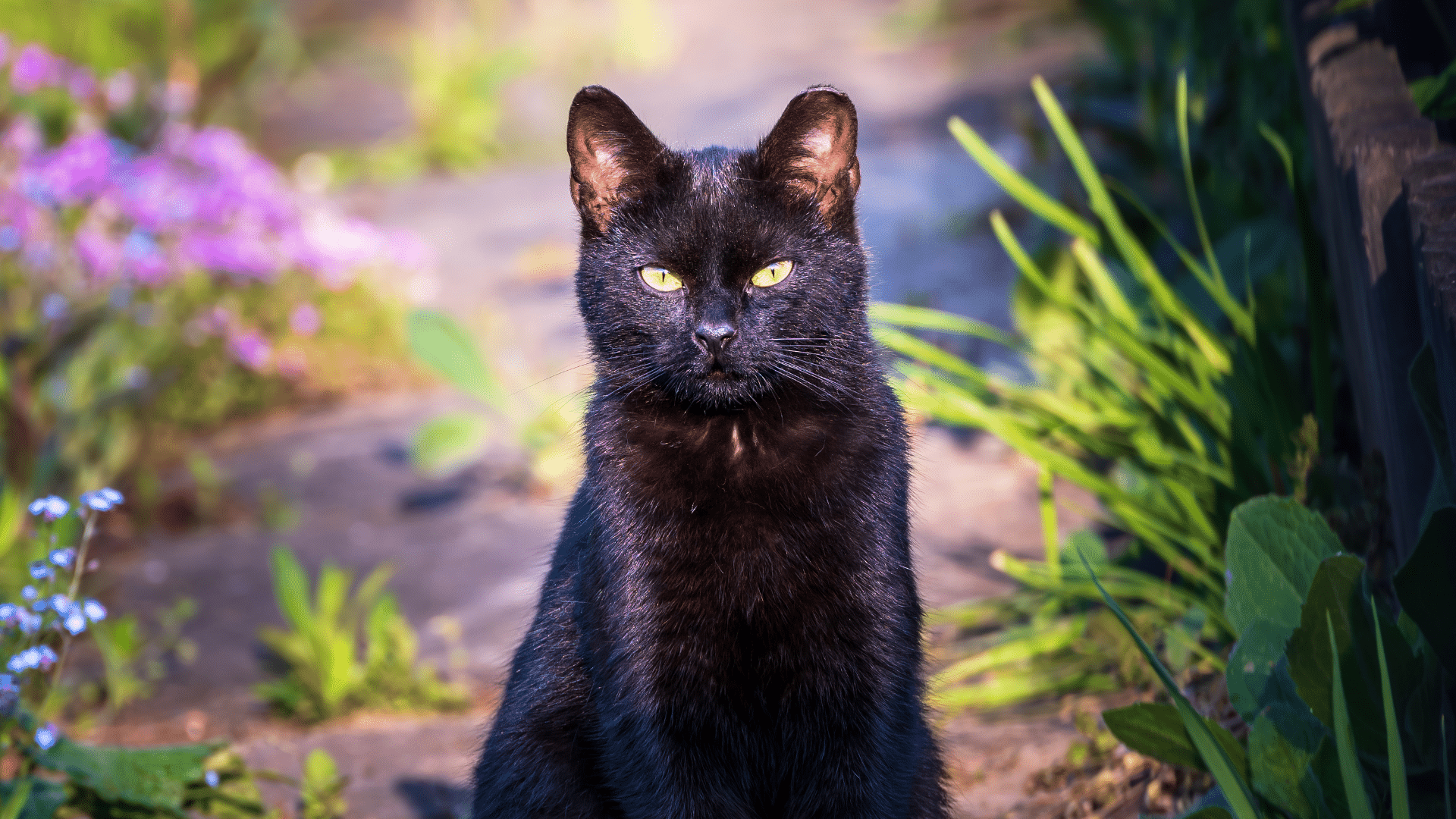
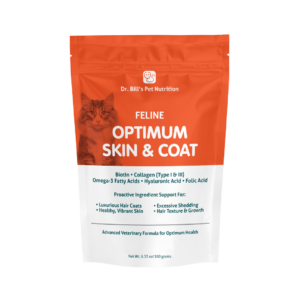


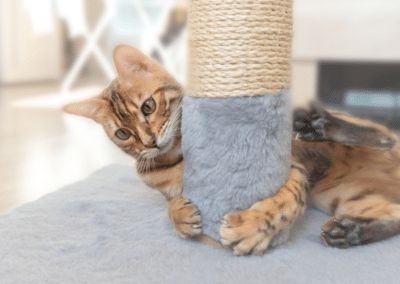
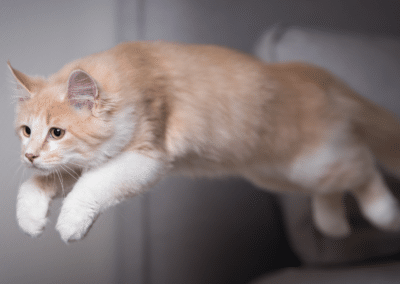
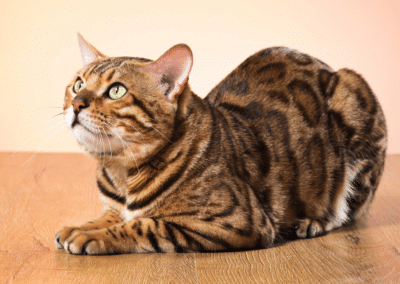
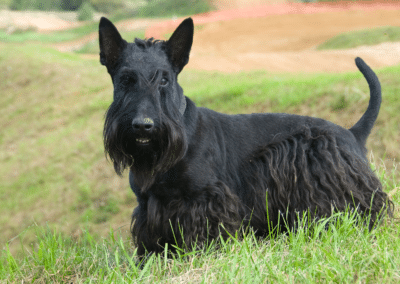


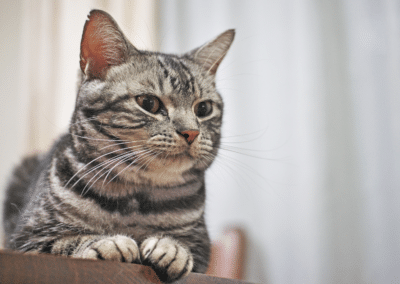
0 Comments